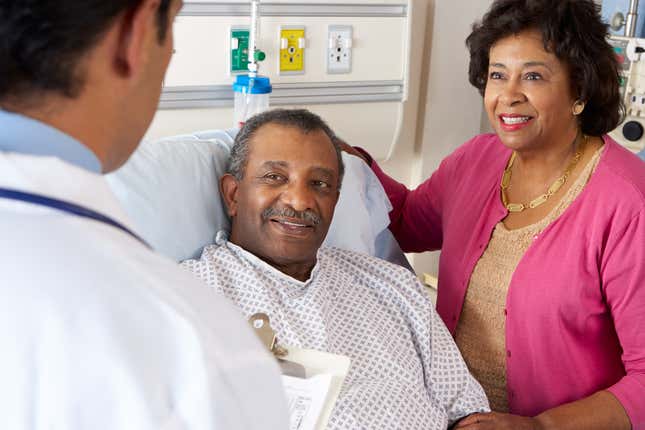
Some of the country’s HBCU medical schools have just announced a plan to partner with organ transplant advocacy groups to encourage more African Americans to register as organ donors. According to the Associated Press, four HBCU medical schools will work with the Organ Donation Advocacy Group and Association of Organ Procurement Organizations on plans to reduce the racial inequities in organ donation and create more trust in the system among people of color.
The May 5 announcement comes after a February 2022 report from the National Academies of Sciences, Engineering and Medicine, which pointed out the racial inequities in the country’s organ transplant system. For example, although Black people are three times more likely to suffer from kidney failure than whites, they tend to wait longer for donor organs and, in the end, are less likely to receive an organ transplant.
The HBCUs participating in the initiative will include the Charles R. Drew University of Medicine and Sciences in Los Angeles, Howard University College of Medicine in Washington, Meharry Medical College in Nashville, Tennessee, and the Morehouse School of Medicine in Atlanta.
The new partnership will allow Black medical and nursing students to learn directly from organ procurement organizations and transplant centers. There will also be several outreach components, including health fairs, blood drives and a plan to introduce K-12 students in Black communities to careers in healthcare.
According to data from the U.S. Department of Health and Human Services Office of Minority Health, although nearly 29 percent of the candidates waiting for organ transplants in 2020 were Black, they represented only 13 percent of the organ donors that year. And as a result, many Black people die while waiting for the organs they desperately need. “By the time they get on the list, there’s a great deal of urgency. And because of the long waits, many of them, of course, don’t make it to get a transplant,” said Dr. James E.K. Hildreth, president and CEO of Meharry Medical College, in an interview with the AP.
But Dr. Clive Callender, a transplant surgeon and medical professor at Howard University College of Medicine, is hopeful that this new initiative will have a positive impact on those negative statistics and ultimately save more Black lives. “This collaboration will allow us to save thousands of lives across the country by strengthening relationships between health care workers, Black and minority patients, and organ and transplantation professionals,” he said.

